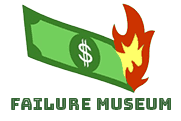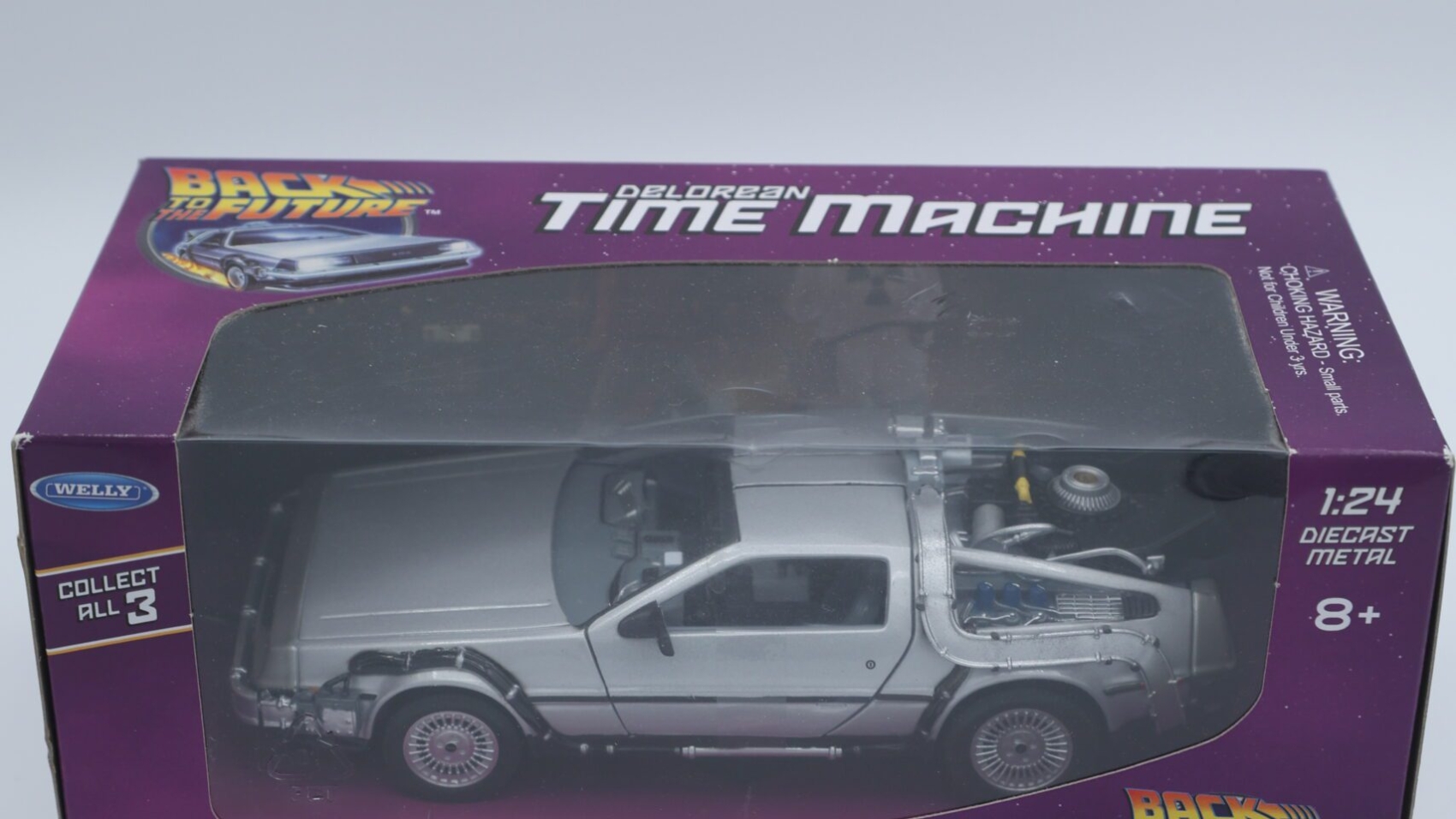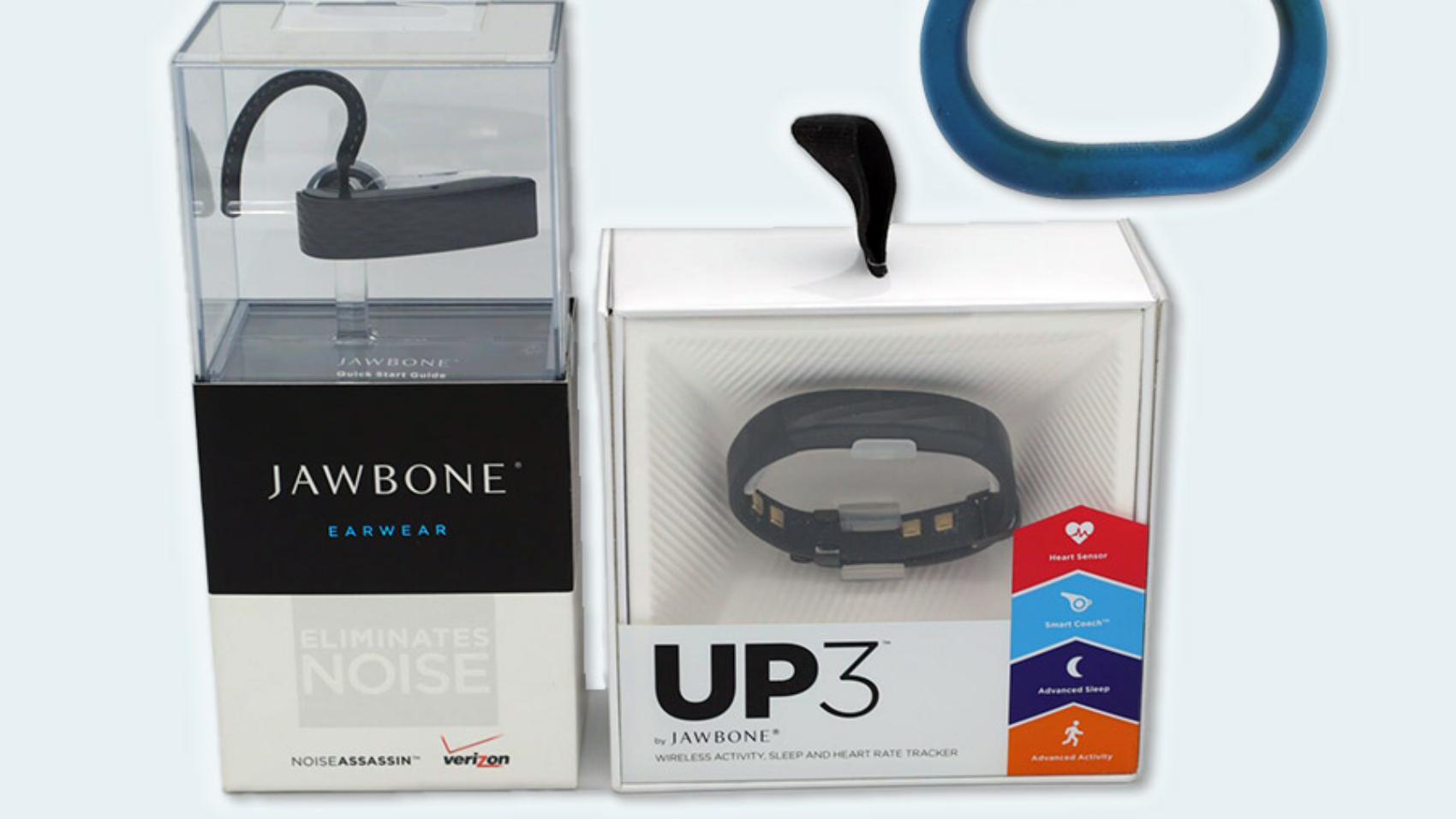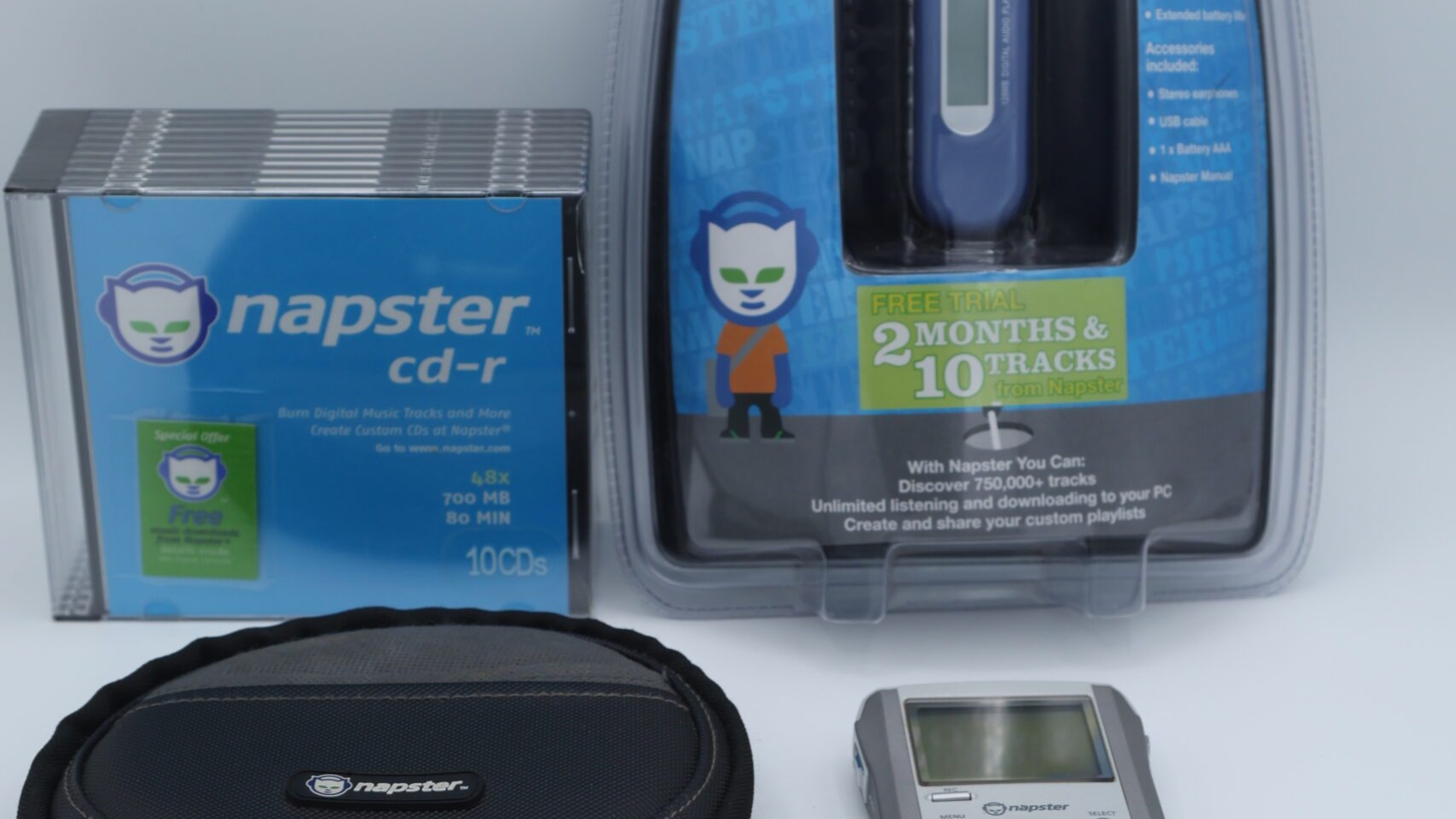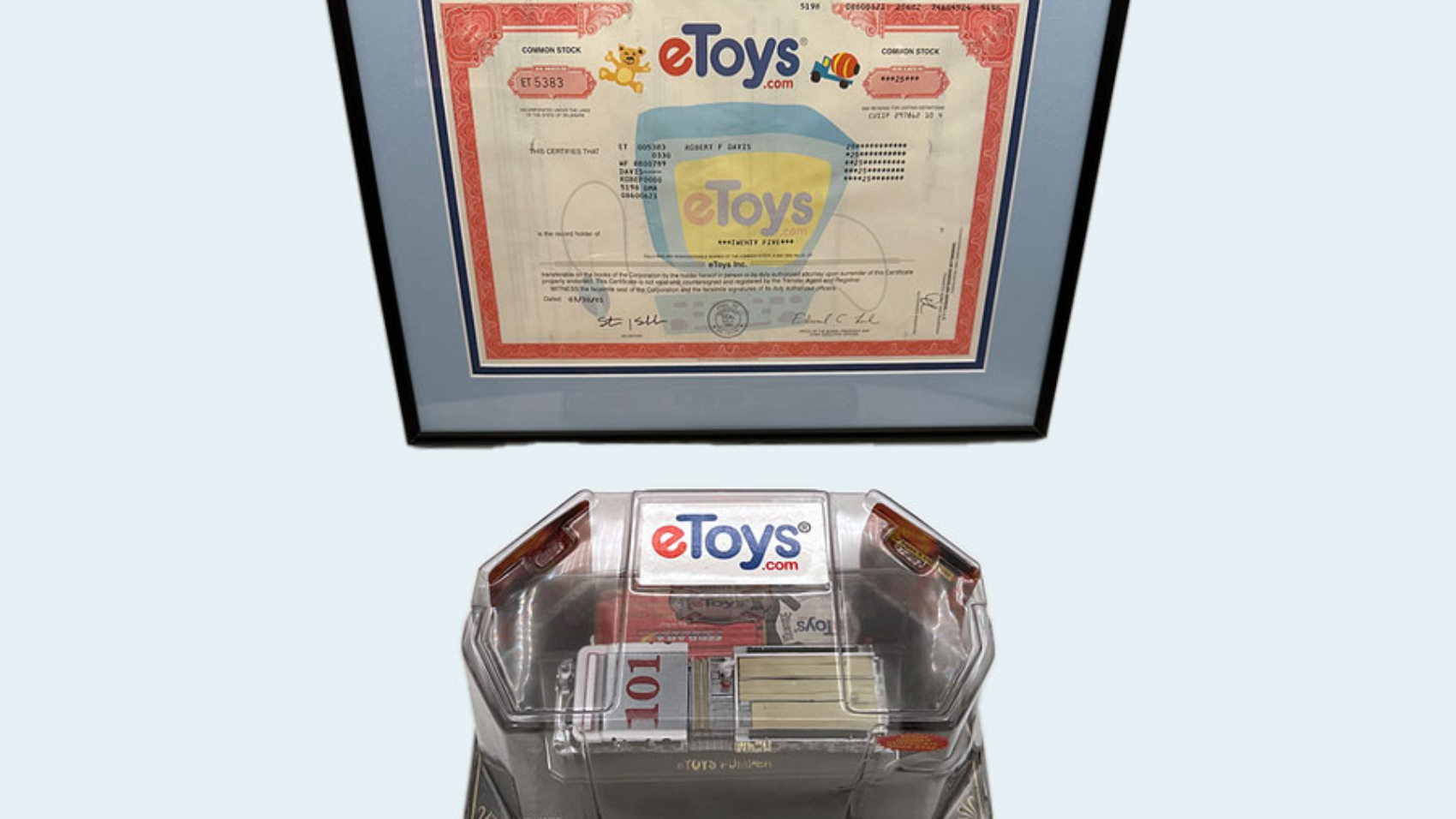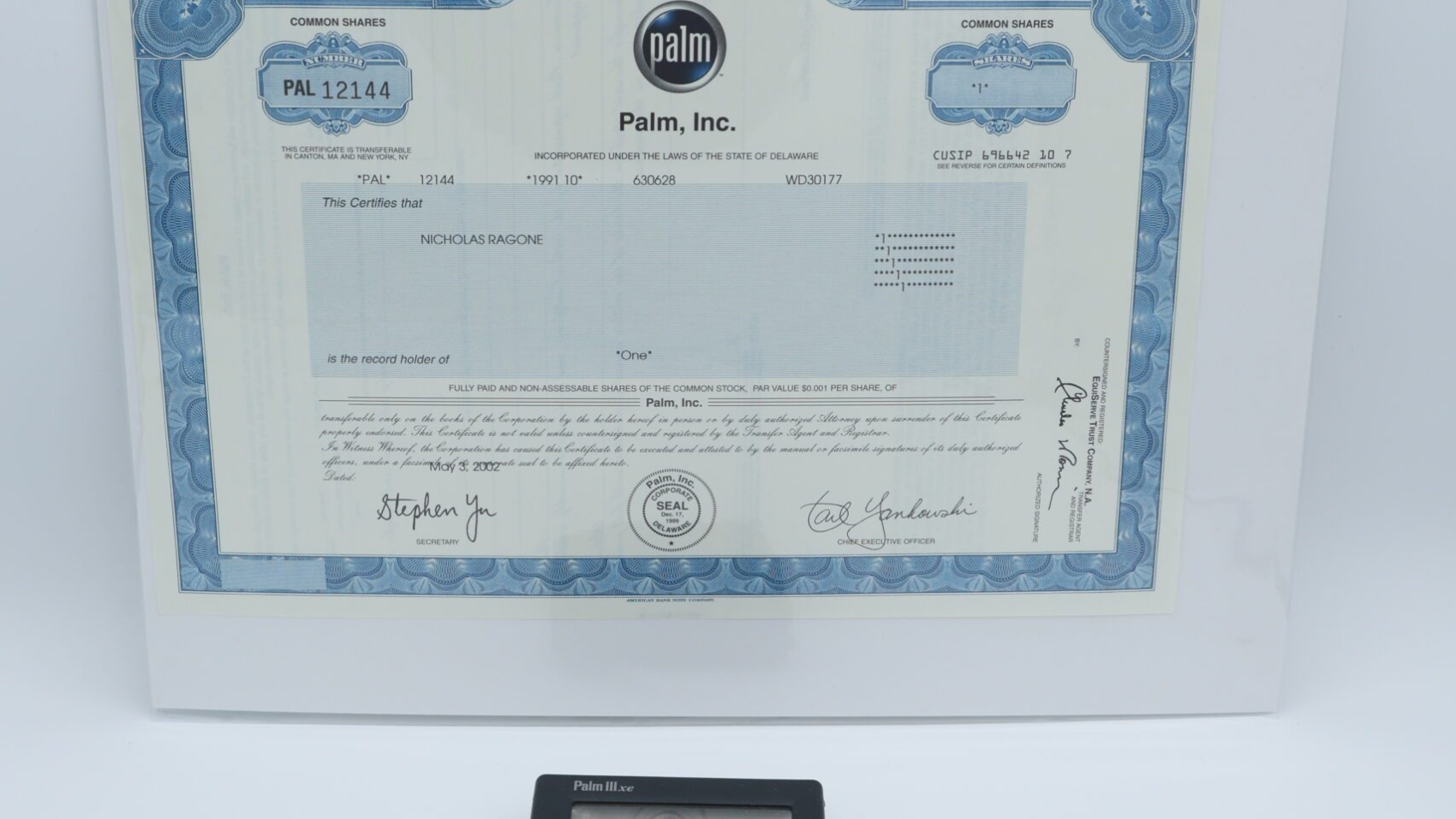In 1989, DeLorean was marketed as a luxury sports car, but with a severely underpowered engine the car was painfully slow.
Jawbone
A flaw in product forced them to miss the 2014 holiday season and lose to Apple & Fitbit.
Napster
Complications with piracy and copywriting laws led to Napster’s demise in 2001.
eToys
eToys built an infrastructure they only needed 3 weeks a year; went bankrupt 2 years after their 1999 IPO.
eToys couldn’t get the economics to work. On the day the toy seller went public in May 1999, it reached a valuation of $7.7 billion, 35% greater than Toys “R” Us. That was all the more remarkable given that in its most recent fiscal year, eToys had revenue of $34.5 million and lost $73.1 million. The company vastly overestimated its potential share of the market, losing out to more established competitors like Walmart and, you guessed it, Toys “R” Us. Meanwhile, its infrastructure costs soared. EToys filed for bankruptcy and shut down in March 2001.
Palm
In 2011, Palm was slow to realize that consumers wanted wireless voice and data from the same device.
Excite@Home
Excite@Home’s ill-conceived acquisitions, frequent strategy shifts, and executives who governed the operations from afar led to it’s demise in 2001.
AOL
AOL peaked at a $200B market cap; they didn’t want to cannibalize their dial-up business leading to their demise in 2009.
Webvan
Webvan raised $757M to launch in 10 cities before they had proven one leading to their demise in 2001. Webvan needed $1B for each distribution warehouse in a category with small margins (e.g., 5% on groceries), while the company had a 5:1 expense to revenue ratio.
Convincing shoppers to buy groceries online was an uphill battle. Webvan had to spend far more than traditional grocers on advertising and marketing to find customers. Those who did sign up weren’t ordering often enough or spending enough per order. The company struggled to achieve the scale necessary to turn a profit. Webvan also expanded too quickly to new markets, adding to its money woes.
The company spent two years constructing a 330,000-square-foot warehouse in Oakland, Calif., containing five miles of conveyor belts to automate the picking and packing of orders. Executives claimed the system was nearly 10 times more productive than sending shoppers into stores to fulfill orders by hand.
Sears
In 2018, Sears failed to capitalize on the internet; plummeting sales made it impossible to finance necessary store upgrades.
Washington Mutual
In 2008, Washington Mutual, which was the sixth-largest bank in the United States, failed because they became the poster child for subprime lending, originating and securitizing hundreds of billions of dollars in high-risk, low-quality mortgages. They described themselves as the “Walmart of Banking” because they focused on the lower- and middle-class customers that other banks had shunned. Washington Mutual also expanded its branches too quickly. As a result, they were in poor locations in too many markets.

